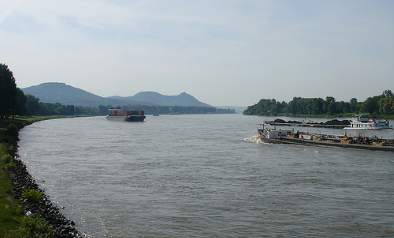The workshop was an important step in the process of preparations of the second Assessment of Transboundary Rivers, Lakes and Ground waters in the UNECE region for the Seventh Ministerial Conference Environment for Europe in September. GWP representatives were Regional Chair Martina Zupan, Regional Council Member Boris Minarik and Knowledge Management Officer Danka Thalmeinerova.
The second Assessment is an important part of the programme of work for 2010-2012 of the Convention on the Protection and Use of Transboundary Watercourses and International Lakes (Water Convention). It has an ambition to provide a conclusive picture of the state of transboundary waters and to identify joint priorities and challenges. It wants to stimulate further action by governments, river basin organizations, the international community, including donors, and relevant non-governmental organizations.
More than 50 participants from nine countries of West and Central Europe, the EU Commission, UN organizations, NGOs and specialized institutes discussed common issues for transboundary water management, such as diffuse pollution and land use, ecosystems approach and ecosystem services.
"Most of the discussion focused on monitoring systems that become to be more compatible due to the same requirements of the EU Water Framework Directive, which is a good signal for future potential planning", Dr Danka Thalmeinerova said. "However, most of the presentations were fragmented and did not capture a “transboundary” dimension of the assessed basins. Country representatives did separate presentations of the same (transboundary) groundwater body."
She continued: "Although there is progress in cooperation at transboundary basins regarding the exchange of monitoring data, alert and prevention systems, there is a lack of coordinated planning, implementing and assessment of impact at transboundary basins. It was concluded that international agreements including the EU Water Framework Directive are worthy gestures and expression of political will, but that the implementation of programs will need to happen at national levels with limited coordination with neighbourhood countries."
More information on UNECE website.

